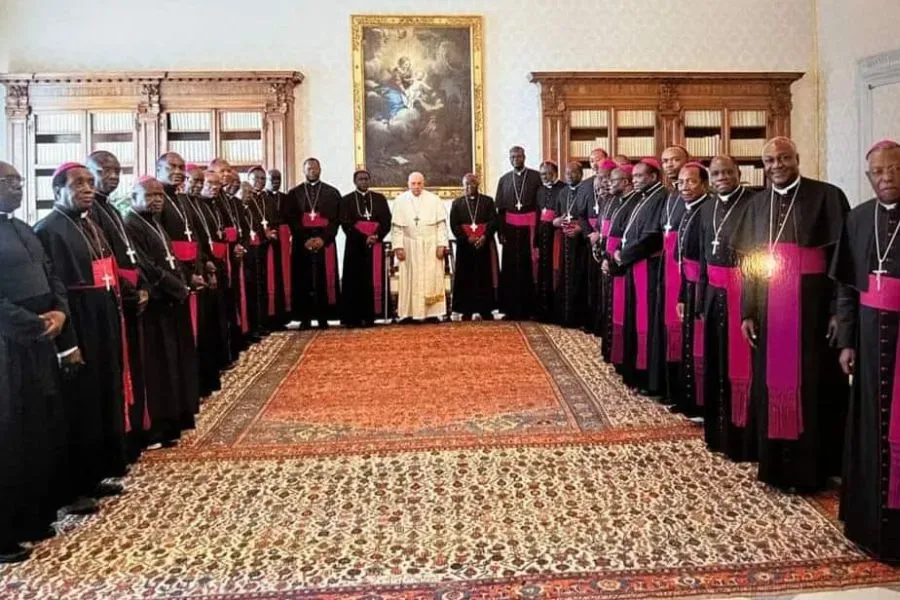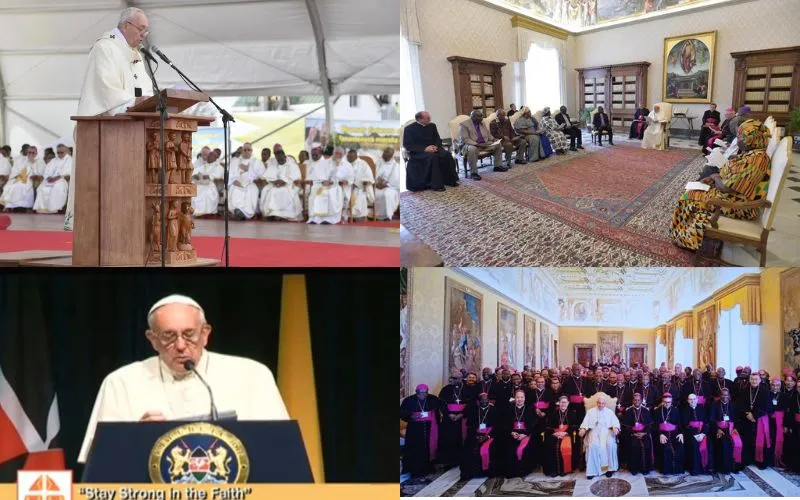Yaounde, 25 December, 2023 / 9:54 pm (ACI Africa).
Catholic Bishops in Cameroon have added their voice to other Catholic Church leaders, who have prohibited the implementation of Fiducia Supplicans in their Episcopal Sees and territories they govern.
In a statement, members of the National Episcopal Conference of Cameroon (NECC) weigh in on the document that the Vatican Dicastery for the Doctrine of Faith (DDF) released on December 18 permitting the blessing of “same-sex couples” and couples in other “irregular situations”.
NECC members take the stance that their counterparts in Malawi and Zambia have taken, barring members of the Clergy from imparting blessings upon “homosexual couples”, and term the DDF directive that such blessings be nonliturgical as “hypocritical”.
“We, the Bishops of Cameroon, reiterate our disapproval of homosexuality and homosexual unions,” they say, and go on to issue their directive, “Consequently, we formally forbid all blessings of ‘homosexual couples’ in the Church of Cameroon.”
In their two-page nine-point statement dated December 21, which NECC President, Archbishop Andrew Fuanya Nkea of Bamenda Archdiocese, signed, Catholic Bishops in Cameroon say, “Differentiating between liturgical and non-liturgical contexts in order to apply the blessing to same sex ‘couples’ is hypocritical.”








